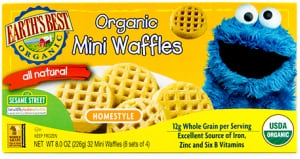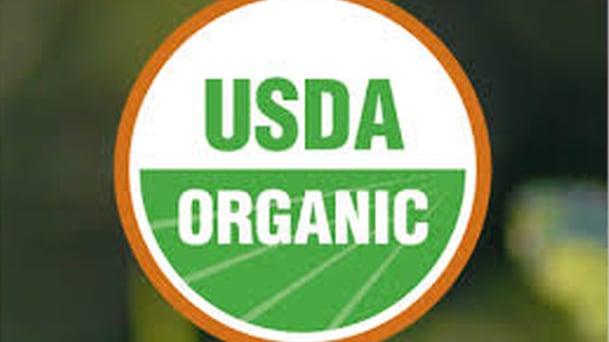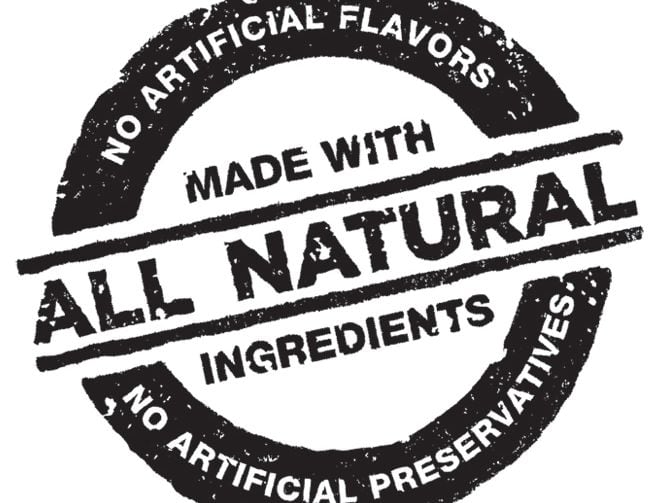In a warning letter sent to Lawrence, MA-based Middle East Bakery, LLC on September 18, the FDA said:
“Your liveGfree Blueberry Pancakes are misbranded within the meaning of Section 403(a)(1) of the Act [21 U.S.C. § 343(a)(1)] because [they] bear the claim ‘All Natural’ but contain sodium acid pyrophosphate, which is a synthetic substance.”
The letter adds: “FDA considers use of the term ‘natural’ on a food label to be truthful and non-misleading when “nothing artificial or synthetic…has been included in, or has been added to, a food that would not normally be expected to be in the food.” [58 Federal Register 2302, 2407, Jan 6, 1993].”
This is first time in months the FDA has sent a warning letter over ‘all-natural’ claims
The FDA has not shown much enthusiasm for coming up with a legal definition of ‘natural’, but it has used warning letters to clarify its thinking on certain ingredients, which are often seized upon by plaintiff’s attorneys looking for targets for food labeling lawsuits, even though they are not legally binding.
And this is the first time in more than a year that the FDA has warned a company about ‘all-natural’ claims, and shows that the agency is at least monitoring ‘all-natural’ claims, even if it has not pinned down a clear legal definition (it told judges in January that it had more pressing priorities), Greenberg Traurig attorney Justin Prochnow told FoodNavigator-USA.
"A warning letter isn't proof you've done anything wrong, but plaintiff's lawyers treat them as 'evidence'."
Judge: Just because SAPP is allowed in USDA organic foods doesn’t mean it's 'natural’ by definition
Sodium acid pyrophosphate (SAPP) has already been the subject of multiple class action lawsuits against defendants including Safeway, Whole Foods Market and Hain Celestial.
And so far, these cases have made some progress.
In a June 2 order on a case against Whole Foods over SAPP in the northern district of California (click HERE), US district judge Vince Chhabria said it was plausible that a reasonable consumer “could interpret the words ‘all natural’ to exclude synthetic compounds such as SAPP”.
And in an October 3 order on a similar case vs Hain Celestial over its Earth’s Best organic mini waffles, fellow judge William H. Orrick III agreed.

He also noted that just because SAPP is on the list of synthetic ingredients firms are allowed to use in USDA certified organic products [under 7 CFR 205.605] doesn’t mean it is 'natural' by definition.
In his order granting in part and denying in part Hain’s motion to dismiss the case, he added: “Hain asserts that SAPP is actually an ‘All Natural’ ingredient, even though it is synthetic, because a USDA regulation allows food manufacturers to include SAPP in products which are labeled organic.
“Hain might be correct that some consumers believe that organic is a higher standard than ‘All Natural’ but that does not make it implausible that a reasonable consumer would believe that SAPP is not an ‘all natural’ ingredient.
"Ham’s [the plaintiff's] argument is simple: a reasonable consumer would not expect to find SAPP in the 'All Natural' Waffles because SAPP is not a natural ingredient. This argument is plausible."
Justin Prochnow added: "I think companies might think that if an ingredient is in an organic product, they are safe to call it 'all-natural', but there is a difference between ingredients that are organic and ingredients that are permitted in organic products."
He added: "If there is any doubt [about the 'naturalness' of an ingredient], I say to companies don't use 'all-natural' claims because even if you win [your case], you've still got to pay a lawyer to defend you."
What is SAPP?
SAPP typically serves as a leavening agent that reacts with baking soda to control the release of carbon dioxide (which is what raises or ‘leavens’ baked products).

According to the International Food Additives Council, SAPP is typically prepared by the partial neutralization of phosphoric acid (which is derived from crushed and purified phosphate rock) with sodium hydroxide or sodium carbonate to form monosodium phosphate. This is then dehydrated under controlled conditions to make SAPP.
SAPP has multiple applications in food, from a leavening agent in baked goods to a means of retaining moisture in processed meats. Classified in Europe as E450 (i), it is generally recognized as safe (GRAS) in the US.
While the Center for Science in the Public Interest (CSPI) notes that “excessive consumption of phosphates could lead to dietary imbalances that might contribute to osteoporosis”, it also notes that “only a small fraction of the phosphate in the American diet comes from additives” and gives it a ‘safe’ rating on its website (click here).
Click HERE to read the warning letter sent to Middle East Bakery, LLC.

Click on the links below to see the highlights of FoodNavigator-USA’s recent online forum on natural claims:
Click HERE to watch the forum on demand.
